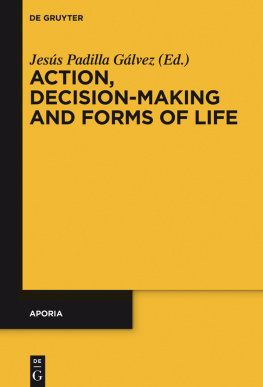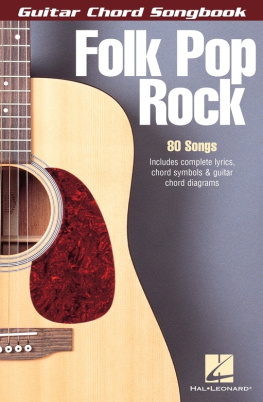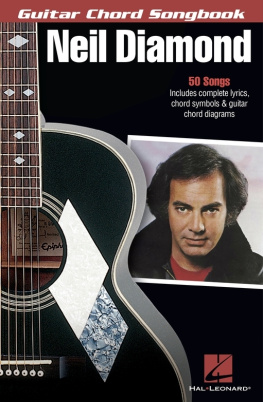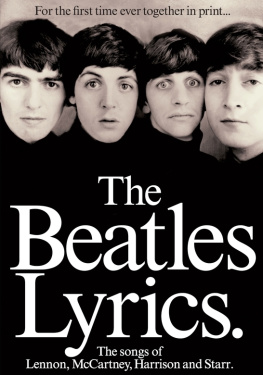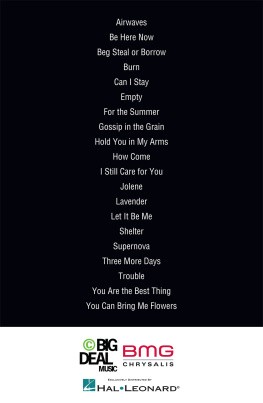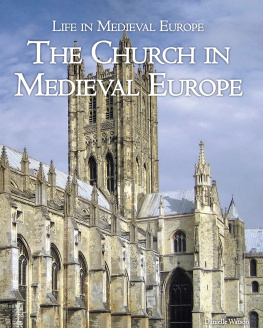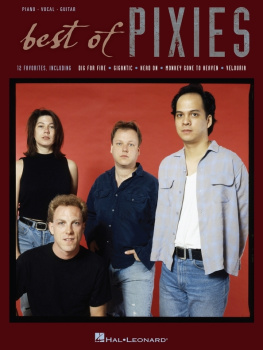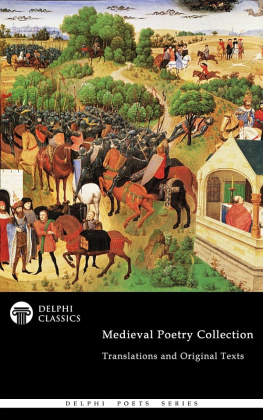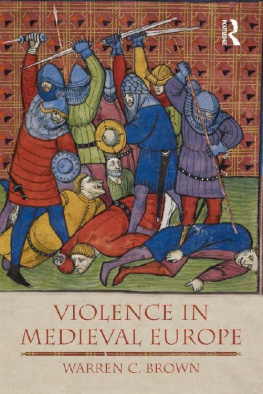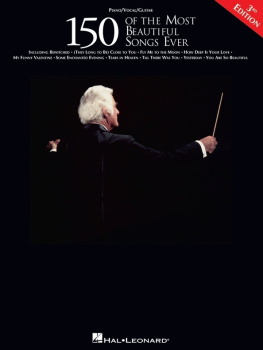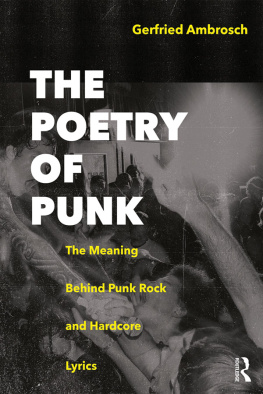Marisa Galvez - Songbook: How Lyrics Became Poetry in Medieval Europe
Here you can read online Marisa Galvez - Songbook: How Lyrics Became Poetry in Medieval Europe full text of the book (entire story) in english for free. Download pdf and epub, get meaning, cover and reviews about this ebook. year: 2012, publisher: The University of Chicago Press, genre: Religion. Description of the work, (preface) as well as reviews are available. Best literature library LitArk.com created for fans of good reading and offers a wide selection of genres:
Romance novel
Science fiction
Adventure
Detective
Science
History
Home and family
Prose
Art
Politics
Computer
Non-fiction
Religion
Business
Children
Humor
Choose a favorite category and find really read worthwhile books. Enjoy immersion in the world of imagination, feel the emotions of the characters or learn something new for yourself, make an fascinating discovery.

- Book:Songbook: How Lyrics Became Poetry in Medieval Europe
- Author:
- Publisher:The University of Chicago Press
- Genre:
- Year:2012
- Rating:3 / 5
- Favourites:Add to favourites
- Your mark:
- 60
- 1
- 2
- 3
- 4
- 5
Songbook: How Lyrics Became Poetry in Medieval Europe: summary, description and annotation
We offer to read an annotation, description, summary or preface (depends on what the author of the book "Songbook: How Lyrics Became Poetry in Medieval Europe" wrote himself). If you haven't found the necessary information about the book — write in the comments, we will try to find it.
Songbook: How Lyrics Became Poetry in Medieval Europe — read online for free the complete book (whole text) full work
Below is the text of the book, divided by pages. System saving the place of the last page read, allows you to conveniently read the book "Songbook: How Lyrics Became Poetry in Medieval Europe" online for free, without having to search again every time where you left off. Put a bookmark, and you can go to the page where you finished reading at any time.
Font size:
Interval:
Bookmark:
SONGBOOK

How Lyrics Became Poetry in Medieval Europe
MARISA GALVEZ
THE UNIVERSITY OF CHICAGO PRESS
Chicago & London
MARISA GALVEZ
is assistant professor of French at Stanford University.
The University of Chicago Press, Chicago 60637
The University of Chicago Press, Ltd., London
2012 by The University of Chicago
All rights reserved. Published 2012.
Printed in the United States of America
21 20 19 18 17 16 15 14 13 12 1 2 3 4 5
ISBN-13: 978-0-226-28051-6 (cloth)
ISBN-10: 0-226-28051-9 (cloth)
ISBN-13: 978-0-226-28051-6 (e-book)
The University of Chicago Press gratefully acknowledges the generous support of Stanford University toward the publication of this book.
Library of Congress Cataloging-in-Publication Data
Galvez, Marisa.
Songbook : how lyrics became poetry in medieval Europe / Marisa Galvez.
pages : illustrations ; cm
Includes bibliographical references and index.
ISBN-13: 978-0-226-28051-6 (cloth : alkaline paper)
ISBN-10: 0-226-28051-9 (cloth : alkaline paper)
1. Songbooks, MedievalEurope. 2. Poetry, MedievalHistory and criticism. 3. Lyric poetryHistory and criticism. 4. Illumination of books and manuscripts, MedievalEurope. 5. Art and literature. I. Title.
PN688.G35 2012
809.1'02dc23
2011046238
 This paper meets the requirements of
This paper meets the requirements of
ANSI/NISO Z39.481992 (Permanence of Paper).
To Roland Greene,
and to the memory of my father,
Alberto Icarangal Galvez
(19441992)
Contents

Illustrations

COLOR PLATES
FIGURES
Acknowledgments

THIS BOOK RESULTS from delightful conversations with friends, colleagues, and mentors. I want to express my thanks to Sepp Gumbrecht, Jennifer Summit, Ccile Alduy, Orrin Robinson, Sarah Kay, and Bill Tronzo. I am thankful to the late Brigitte Cazelles, whose creativity remains at the core of this book. I am grateful for Vincent Barlettas help in the editorial process, and the indispensable friendship of Nicole Lopez Stengel, Eliza Zingesser, John Bullock, Alec Bemis, Stephanie Choi, and Paul Levine through the years. Thanks to the Stanford Humanities Center, and especially Theodore H. and Frances K. Geballe for making my productive year at the center possible, and to the Stanford Presidential Research Grant for Junior Faculty. The energy and vitality of the students who have attended my seminars, as well as my colleagues in the Junior Faculty workshop, have been an invaluable intellectual and moral resource. Margaret Tompkins, Christine Onorato, and Marco Aresu have also been there when I most needed them. I also want to express my gratitude to the readers from Modern Philology, to the two anonymous readers who read this book in manuscript for the University of Chicago Press and offered invaluable suggestions, and to the staff at the Press for guiding this first-book author through the publishing process. A special thank you is due to Randy Petilos, whose support from the earliest stages and professionalism have made working with him a privilege and a pleasure. I also thank Margaret Mahan, for her wonderful copyediting, and the archivists and librarians who allowed me access to the materials from their collections that I cite and reproduce in this book. For a view of the Frederick II fresco, I am grateful to Gianni Bizzotto. My family has been a constant source of spiritual assistance over the years: Marietta, Dom, Paul, and Christina. I believe my father, Alberto Galvez, would have been happy that I am doing something I love. From early on he encouraged me to see beauty and possibility. And finally to Roland: an inspirational model of intellect, my best friend, whose daily support and conversation enriches my life in countless ways.
San Francisco, California
June 2011
Introduction

THE MEDIEVAL SONGBOOK AS EMERGENT GENRE
WHEN WE PEER BACK at the origins of poetry in the European vernaculars, often we can go no further than poems collected into codices that are called songbooks: these are known in French as chansonniers, in German as Liederhandschriften, and in Spanish as cancioneros. Songbooks embody the beginnings of these great lyric traditions, and the choices made in gathering them into codices undoubtedly shaped the history of later poetry in these languages. And yet it has never been asked, in a comprehensive study, whether songbooks of different national traditions have common properties, or how songbooks enable us to understand the process that sees a song made permanent in manuscript or print, allows a series of songs to tell a story in a book, and creates productive tensions within these changes. In the spirit of songbook studies that have focused on vernacular lyric anthologies in the separate languages, this project charts the rise and persistence of the genre in the Occitan troubadour, the Middle High German Minnesang, and the Iberian cancionero traditions from the high to late medieval period, circa 1200 to 1500. I address the nature and purposes of songbooks, the what and why of this foundational genre, but I am chiefly concerned with the how, namely how songbooks establish expectations of the poem, the poet, and lyric poetry itself. Superficial similarities aside, a careful comparative study that draws from medieval and modern theorists reveals the songbook not only as a product of historical forces but as a living entitya concrete, communal object that establishes a system of values for medieval lyric, including rhetorical, bibliographical, and phenomenological horizons. For example, how is Bernart de Ventadorn (fl. 114770), perhaps the most famous troubadour of the period when lyric poetry flourished in southern France (ca. 11001300)a name governing a corpus of texts, memorialized for future generations through a written medium, and thus assigned cultural statusan invention of the songbook? How is Walther von der Vogelweide (ca. 11701227), the most celebrated Middle High German poeta name associated with a certain meditative portrait and with a group of other named poets collectively known as Minnesnger (or minnesingers)a product of a songbook? These are the kinds of questions that animate this study.
I primarily use the term songbook to mean a multiauthor and anonymous lyric anthology contained in a manuscript codex or volume of parchment leaves bound together in book form (in contrast to a scroll or roll, leaves sewn together with horizontal or vertical orientation) that displays an intention to gather and organize different vernacular lyric texts as an overall collection. Yet throughout this study, songbooks also range from anthologies occupying only a few folios within a larger volume to large compilations coextensive with the entire codex or bound volume that includes them. In this sense I bring Seth Lerers idea of the anthology to bear, since the key concept of a songbook is that a controlling literary intelligence governs a collection of lyric texts, and more often than not the anthology displays the editorial intention to collect representative specimens of various lyric genres for artistic preservation. Given that all short medieval texts are transmitted either in miscellanies (ranging from haphazard or practical incorporation to collections put together on commission or speculation by a patron) or anthologies (items brought together according to some intelligible governing principle), these songbooks were literary objects that collated individual nonnarrative poetry in stanzaic form. Following this idea of heterogeneity, I exclude single-author anthologies, narrative anthologies in octosyllabic couplets (such as the Old French romance or
Next pageFont size:
Interval:
Bookmark:
Similar books «Songbook: How Lyrics Became Poetry in Medieval Europe»
Look at similar books to Songbook: How Lyrics Became Poetry in Medieval Europe. We have selected literature similar in name and meaning in the hope of providing readers with more options to find new, interesting, not yet read works.
Discussion, reviews of the book Songbook: How Lyrics Became Poetry in Medieval Europe and just readers' own opinions. Leave your comments, write what you think about the work, its meaning or the main characters. Specify what exactly you liked and what you didn't like, and why you think so.

